Hello, my name is Jason.
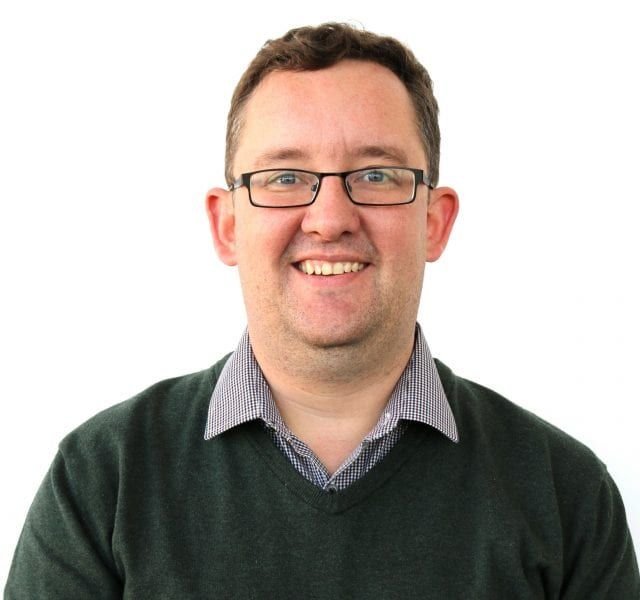 I can barely believe that six months have passed since I was last contributing to the leadership message, as I took up my new Programme Director role. Thanks to everyone around the region for making me feel so welcome and for demonstrating that West Yorkshire really does live up to its reputation as a forward-thinking, collaborative and resilient integrated health and care system.
I can barely believe that six months have passed since I was last contributing to the leadership message, as I took up my new Programme Director role. Thanks to everyone around the region for making me feel so welcome and for demonstrating that West Yorkshire really does live up to its reputation as a forward-thinking, collaborative and resilient integrated health and care system.
We’ve now reached that usual time of year where attention has turned to the planning process for 2022/23. Some of the process feels reassuringly familiar, if not always in a good way. The promise for pre-Christmas guidance came through on Christmas Eve. The financial assumptions and activity plans expected then have instead stretched into mid-February, ready for a first submission in March. Another one-year planning cycle is again aligned with the pressured Winter period for localities and trusts.
As always, and as a system, we will deal with the challenges presented, though from speaking with my programme colleagues, I know that I’m not alone in feeling that this year feels like no other in cancer.
In tandem with others, we are playing our part in supporting the locally formed integrated cancer system to co-exist alongside with the national cancer programme team and operating model. We continue to always push for the national advocacy, support, and financial backing we need, alongside the freedom to innovate where we should do so.
We have a stretched and pressurised workforce still coping with the impact of a pandemic, amidst uncertainty over a long-term national workforce plan. We have the prospect of a new ten-year plan for transforming cancer care surfacing during the planning process itself.
We have a leadership community in cancer care wrestling with how to keep care safe now, whilst having an eye on how services can be transformed tomorrow, ultimately to benefit local people.
When framed like this, the challenge may appear indecipherable, and it would be easy to lose heart. But that is at risk of missing the point.
What has been truly incredible is the resilience that the West Yorkshire and Harrogate cancer system has shown through arguably the toughest two years since the inception of the NHS. In this time, cancer has rightly remained a top priority, a message sponsored by all our senior leaders, with our system acting as one.
We have managed to achieve and sustain the new Faster Diagnosis Standard for patients – 75% of people either being diagnosed or excluded from a cancer pathway within 28 days of referral. Each week, thousands of people are either being reassured that everything is ok or are gaining access to the care they need in a timely way.
This is a real acknowledgement that our local teams are responding to what really matters to people.
It’s also a testament to the brilliant people we have on our patch – many of whom don’t often get much of a shout-out. The booking clerks, the care navigators, the MDT co-ordinators and our network of lead cancer nurses and managers.
This is not to say that everything is perfect or works well all the time. Indeed, as many leaders would say, when you are told everything is working well and there is nothing conceivable to change, that is usually a solid case that the direct opposite is true!
However, it is notable what local services have been able to achieve under such strain, and the results speak for themselves.
We often hear, and quite rightly so, from our patient panel that the experience of the cancer journey starts at the beginning of the pathway. That begins with how the reasons for referral are shared with the patient by their general practitioner and if the symptoms of concern can be picked up first time. This is clearly a time of great worry and anxiety for many people. However, the reassurance, information, and tailored support that we offer, alongside access to prompt diagnostics, can help to manage instead of further magnify this burden.
Colleagues in primary care have developed a network of champions, whilst our new team of primary care network facilitators are helping to build relationships and awareness of cancer referral pathways and processes. Alongside this, our Cancer SMART programme, working in close partnership with our colleagues in the patient-led charity, Yorkshire Cancer Community, is developing a highly successful network of advocates, sharing messages around cancer awareness and the importance of coming forward early, both for asymptomatic screening and where symptoms are causing concern.
Sometimes I am asked, what is the main function or role of the Cancer Alliance? In summary, and as our main outcome, we are set up to help deliver the national cancer strategy and in particular the challenge of having 75% of cancers diagnosed at stages 1 and 2 (early) by 2028. This challenge is highly ambitious.
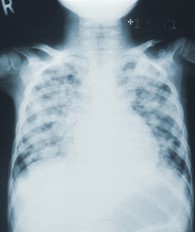 But we continue to make solid progress on this, with new ways of thinking and working. For example, the latest rollout of the Targeted Lung Health Check programme has started in earnest in Bradford and North Kirklees. In just three months, we know the North Kirklees programme has found a total of 16 significant findings, including at least five suspected cancers and this number will grow significantly.
But we continue to make solid progress on this, with new ways of thinking and working. For example, the latest rollout of the Targeted Lung Health Check programme has started in earnest in Bradford and North Kirklees. In just three months, we know the North Kirklees programme has found a total of 16 significant findings, including at least five suspected cancers and this number will grow significantly.
Each of these cancer cases are likely to be lives saved. Each life saved as a direct result of engaging with local people - setting up accessible services and taking care to the patient instead of waiting for the patient to come forward. That’s the point and in my view, that’s what we are really trying to achieve.
We are here to foster collaboration so that tailored solutions can meet the needs of our local population and their diverse needs. I’m also clear that making the real difference on creating more curative cancer cases means that we need to be bolder.
That’s why I was delighted this week to offer our backing to a proposal submitted by the local Hepatitis C operational delivery network, who are developing a community-based case finding programme, also examining the opportunities for liver cancer screening, often for the most vulnerable groups in society.
It’s also why we shared a message with all local trusts to encourage broader adoption of the PinPoint Test, a pioneering blood test which could rule out cancer for 500,000 people a year and revolutionise cancer testing techniques. Up to 20 per cent of people referred on a cancer pathway could be safely reassured and those who require care could access it more quickly.
Again, the positive reception for this approach has reinforced what we already knew - that local places and trusts want to work together with us to innovate and transform patient care.
I’m also clear that we must not swerve difficult discussions when it comes to how to best improve cancer services and ensure they are sufficiently resilient to provide the best care for patients in the future. That’s why I have been delighted to work with team and clinical colleagues since starting in post to help move us forward on a sustainable model for non-surgical oncology.
Bringing the voice of the patient, clinicians, and leadership communities together, we have carefully developed a framework for change based on what really matters to people and using a population-health, rather than an institution-specific model. This is about having clear discussions with patients about if they must travel for care for sound clinical reasons, which has been accepted, but also making sure we seek to improve access to local chemotherapy and outpatient services at the same time.
This is a tricky, somewhat imperfectible balance, and the challenge of retaining, developing, and sustaining the necessary workforce will be challenging. However, this framework gives us something to refine, and further improve, as we expand our reach and engagement with other groups of staff, stakeholders, elected representatives, and local people. It’s through the detailed and diligent patient work of everyone involved that we have made significant progress and my thanks go to everyone who continues to contribute to this important piece of work.
It’s on this point that I will close. At times where you face new challenges and need to overcome adversity, it is the strength in knowing that you are doing the right thing and acting for the greater good that keeps us going. Keeping grounded in the end goal and who we work for is the most important thing. We must avoid becoming too distracted and keep unhelpful noise out. This strength to be resilient not just comes from within, but it also comes from our teams, our partners, and, in our case, knowing that we are pulling together as one alliance.
Have a great weekend everyone.
Best wishes, Jason
Twitter: https://
Facebook: https://
Linked in: https://


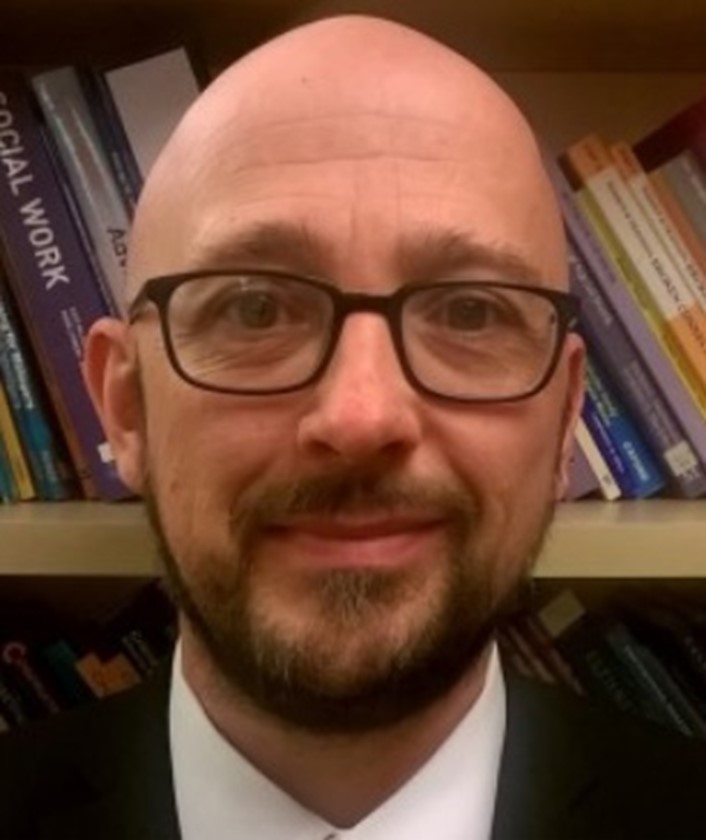 Understanding and respecting the unique contribution of individual’s professional role identity is the key to successful intra-professional systems working. As one of the five Principal Social Workers in West Yorkshire, providing professional leadership to adult social workers across Bradford and District, I want to make the case that within the Integrated Care System (West Yorkshire Health and Care Partnership) clinical leadership needs social work professional leadership.
Understanding and respecting the unique contribution of individual’s professional role identity is the key to successful intra-professional systems working. As one of the five Principal Social Workers in West Yorkshire, providing professional leadership to adult social workers across Bradford and District, I want to make the case that within the Integrated Care System (West Yorkshire Health and Care Partnership) clinical leadership needs social work professional leadership.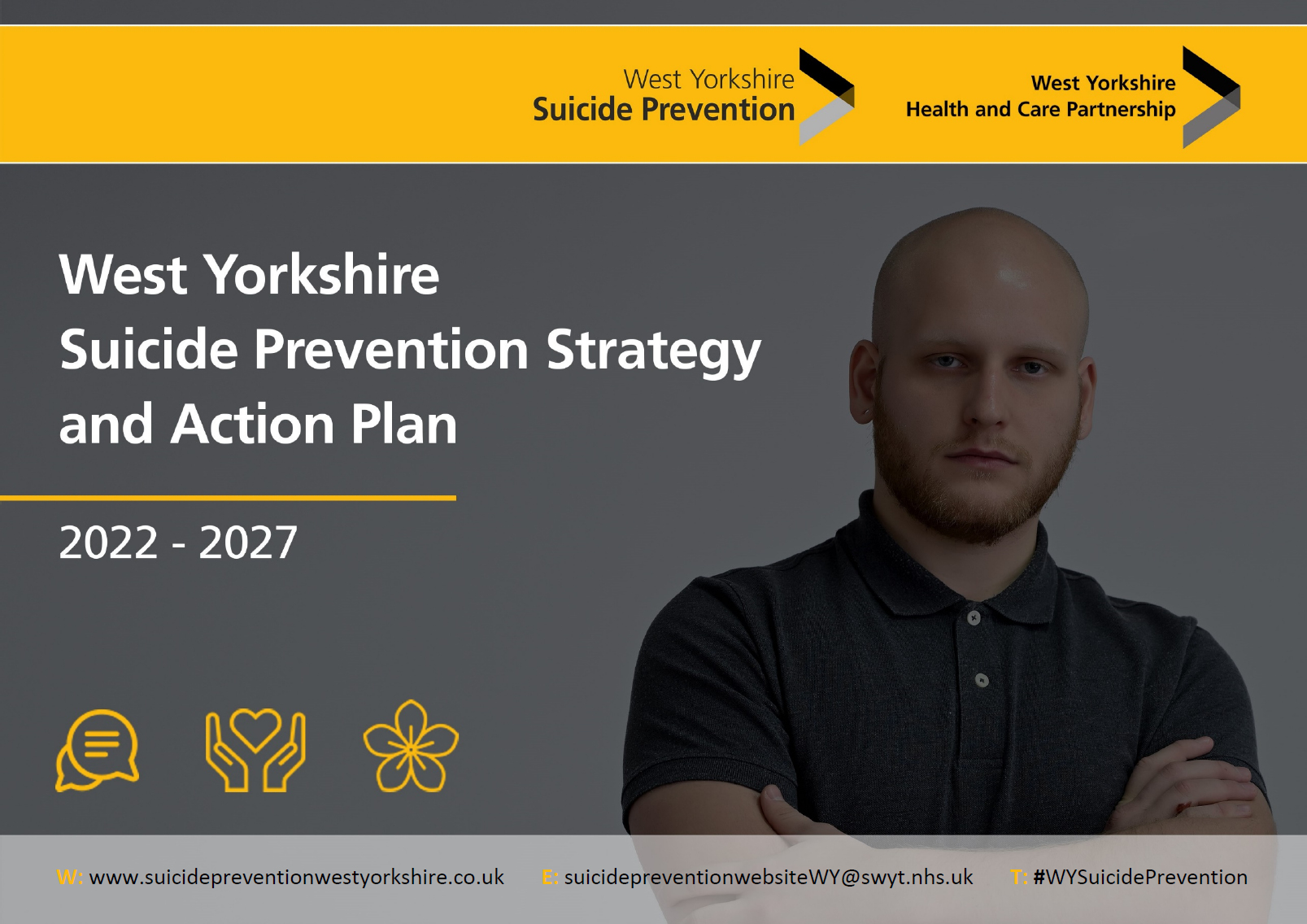
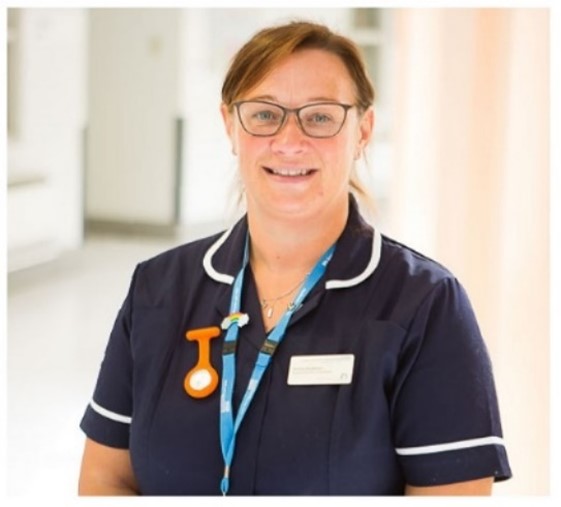 “Suicide prevention has always been close to my heart as a mental health nurse”, explains Nichola.
“Suicide prevention has always been close to my heart as a mental health nurse”, explains Nichola.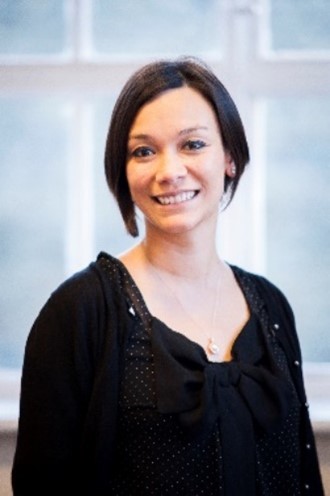 “As the CEO of a mental health charity, suicide prevention is very close to my heart. I see this as an area which doesn’t get sufficient profile, funding, or attention, so was keen to play a role which might help to shift that dial and make a difference” says Kim.
“As the CEO of a mental health charity, suicide prevention is very close to my heart. I see this as an area which doesn’t get sufficient profile, funding, or attention, so was keen to play a role which might help to shift that dial and make a difference” says Kim.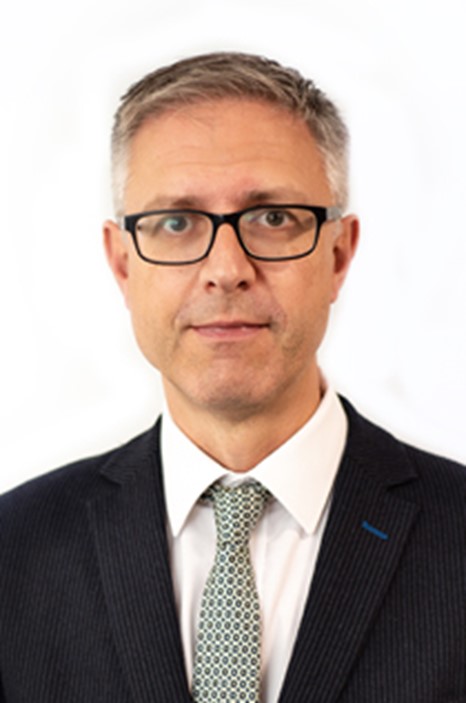 “I took on this role when I became the Deputy Director of Nursing, Quality & Professions in the Trust. I was keen to understand how we could approach suicide prevention at a system and a population level, to help to positively influence all the factors along the path that might lead people to being at risk of thoughts of suicide” says Darryl.
“I took on this role when I became the Deputy Director of Nursing, Quality & Professions in the Trust. I was keen to understand how we could approach suicide prevention at a system and a population level, to help to positively influence all the factors along the path that might lead people to being at risk of thoughts of suicide” says Darryl. The Improving Population Health Programme Board met last Friday. The Board reflected on all the latest activities across climate change, diabetes, housing for health, health inequalities, prevention and reducing violent crime.
The Improving Population Health Programme Board met last Friday. The Board reflected on all the latest activities across climate change, diabetes, housing for health, health inequalities, prevention and reducing violent crime. The NHS England & NHS Improvement
The NHS England & NHS Improvement 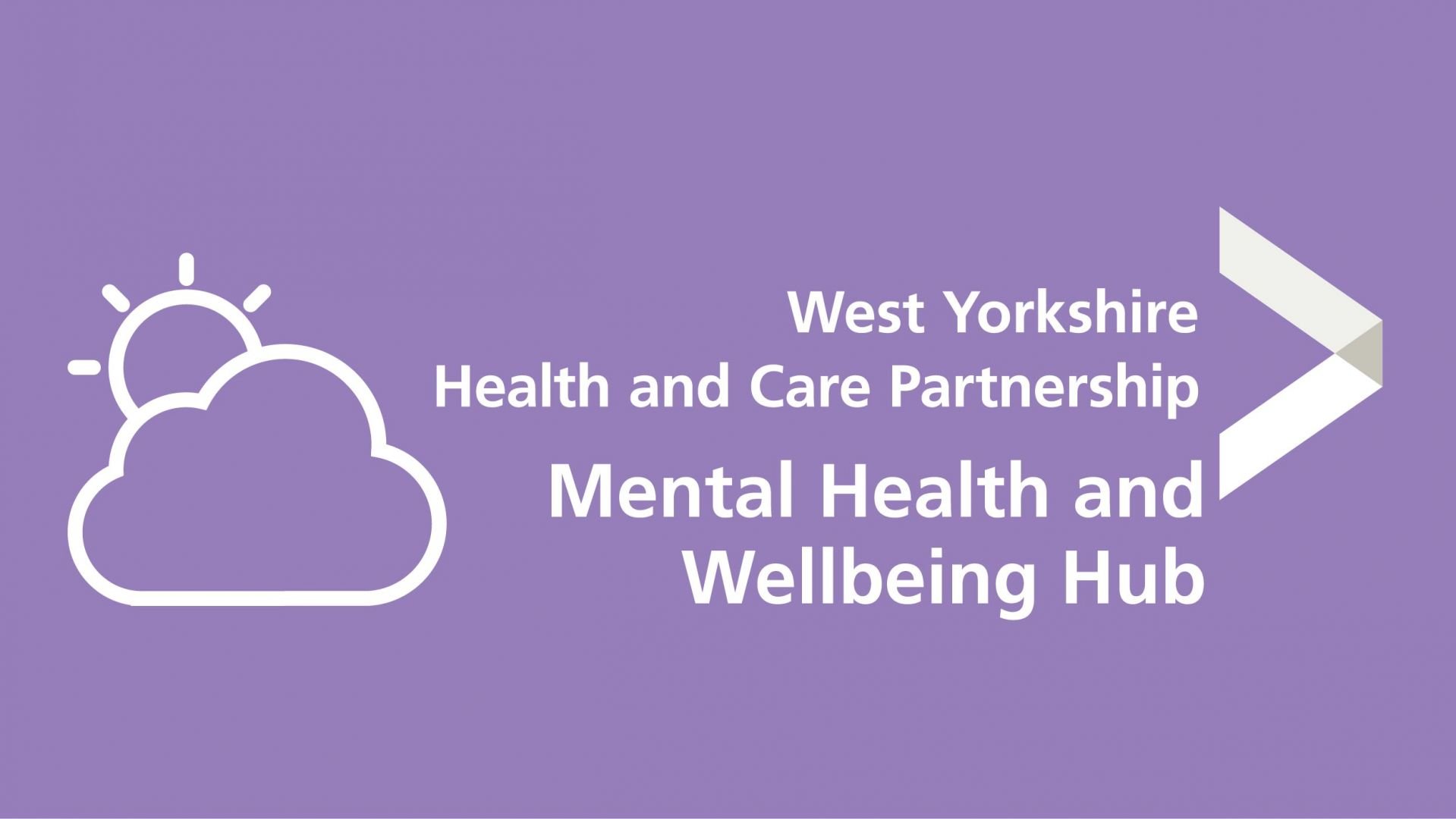 First place-based Schwartz Round now open for booking – When there isn’t enough time, how do we care within limits?
First place-based Schwartz Round now open for booking – When there isn’t enough time, how do we care within limits?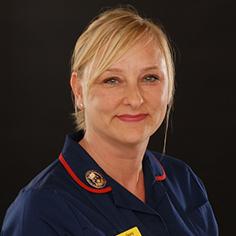 We are delighted to confirm that Beverley Geary has been appointed as the NHS West Yorkshire Integrated Care Board (ICB) Director of Nursing-Designate. Beverley’s appointment has been confirmed following an open and comprehensive recruitment process involving West Yorkshire partners and stakeholders. This is subject to Parliament confirming the statutory responsibilities of ICBs as anticipated from July 2022.
We are delighted to confirm that Beverley Geary has been appointed as the NHS West Yorkshire Integrated Care Board (ICB) Director of Nursing-Designate. Beverley’s appointment has been confirmed following an open and comprehensive recruitment process involving West Yorkshire partners and stakeholders. This is subject to Parliament confirming the statutory responsibilities of ICBs as anticipated from July 2022.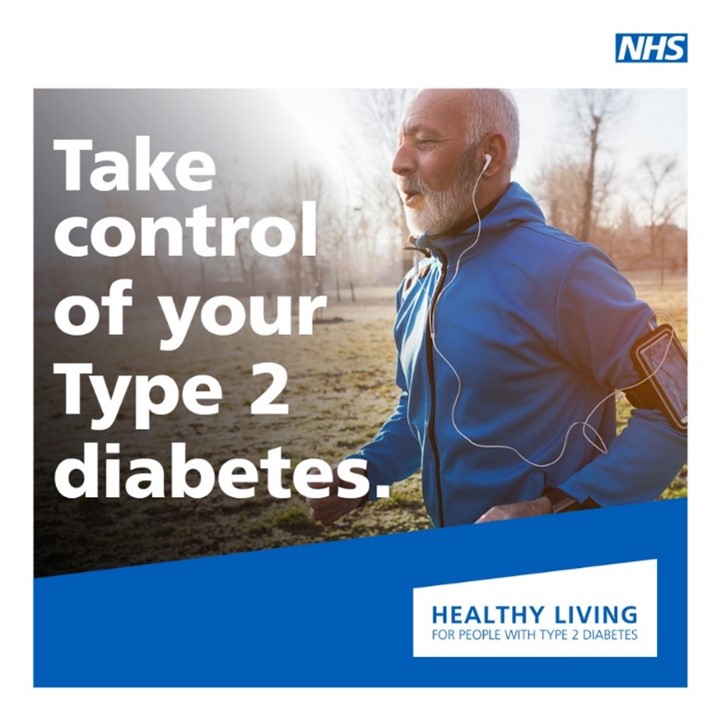 Healthy Living for people with type 2 diabetes
Healthy Living for people with type 2 diabetes